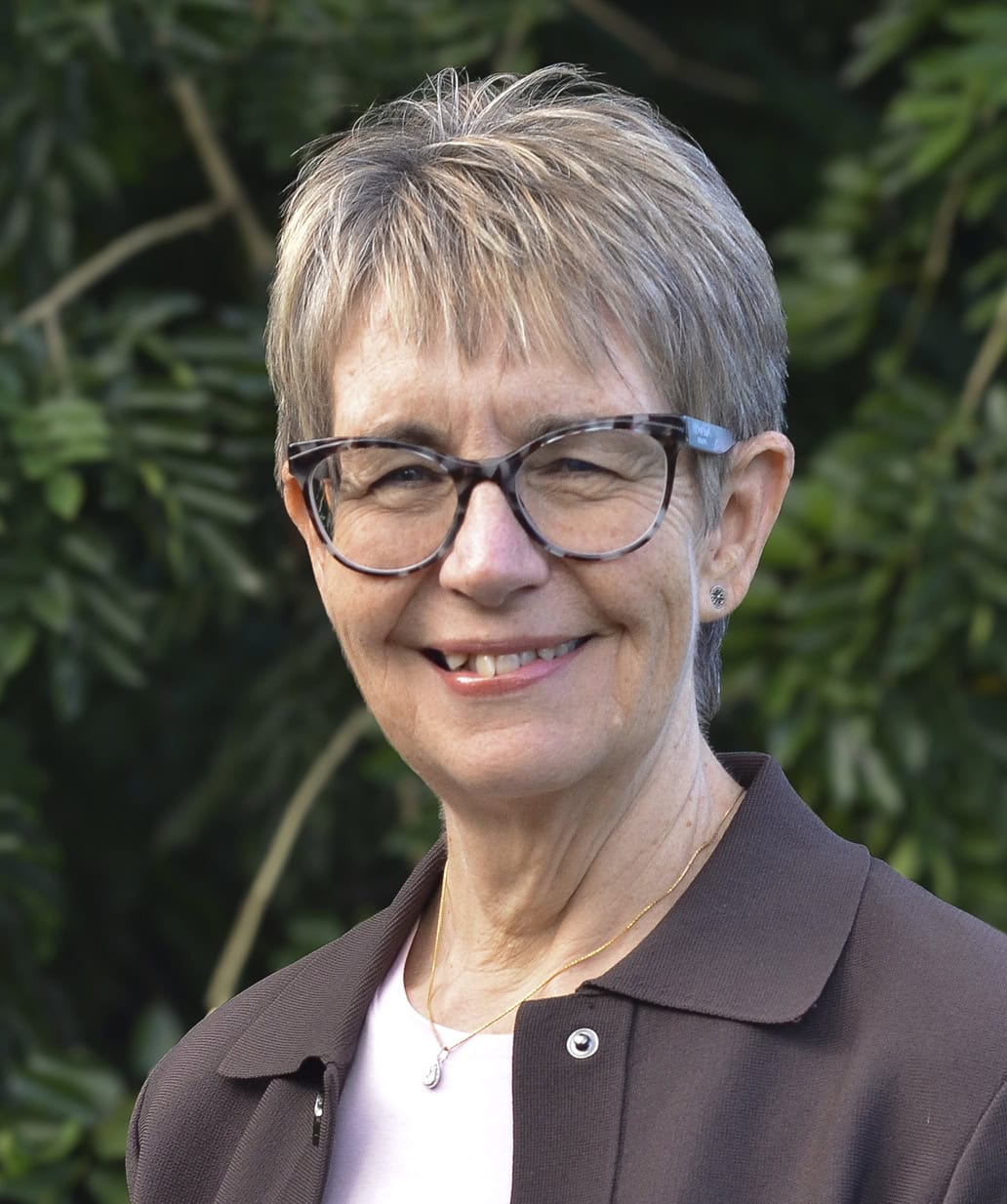Biosketch
Janeen Baxter is an Australian Research Council Kathleen Fitzpatrick Laureate Fellow and Director of the Australian Research Council Centre of Excellence for Children and Families over the Life Course at The University of Queensland. Janeen completed a BA (Hons) and MA (Sociology) at the Australian National University in Canberra before moving to the University of Queensland in Brisbane for her PhD (Sociology). She has held academic appointments at the Australian National University, the University of Tasmania and the University of Queensland and visiting appointments at the University of Wisconsin, University of Manchester and University College London. Janeen has held several fellowships over her career including an Australian Research Council Post-doctoral Fellowship, an Australian Professorial Fellowship and an Australian Research Council Laureate Fellowship. She is a member of the Council for the Committee for Economic Development in Australia, the Child Support Expert Panel for the Australian Federal Government and the Social Policy Research Centre Advisory Committee. She is a former Section Editor for Longitudinal and Life Course Studies and a member of several other editorial boards. Janeen is a Fellow of the Academy of Social Sciences in Australia and the National Academy of Sciences.
Research Interests
Janeen Baxter is a sociologist with research expertise in gender inequality, family dynamics, life course and longitudinal research. Her research examines why gender unequal divisions of labor at home are pervasive and persistent and key life course transitions that further entrench or reduce gender inequality. Her work has shown that women undertake almost 70% of domestic work with little evidence of cross-national variation. She has shown that entry to marriage and parenthood significantly increases women’s time on housework while divorce reduces it. Related work has shown that parenthood leads to more traditional gender attitudes for both men and women, beliefs that are then passed on to children and that early entry to parenthood is less consequential for education and employment pathways for disadvantaged women compared to more advantaged women. Other work has examined the glass ceiling and women’s access to authority at work, gender and social class intersections, and the consequences of divorce for wealth. Underlying the research program is a belief that gender inequality limits women’s and men’s potential and undercuts social and economic cohesion.
Membership Type
International Member
Election Year
2024
Primary Section
Section 53: Social and Political Sciences
